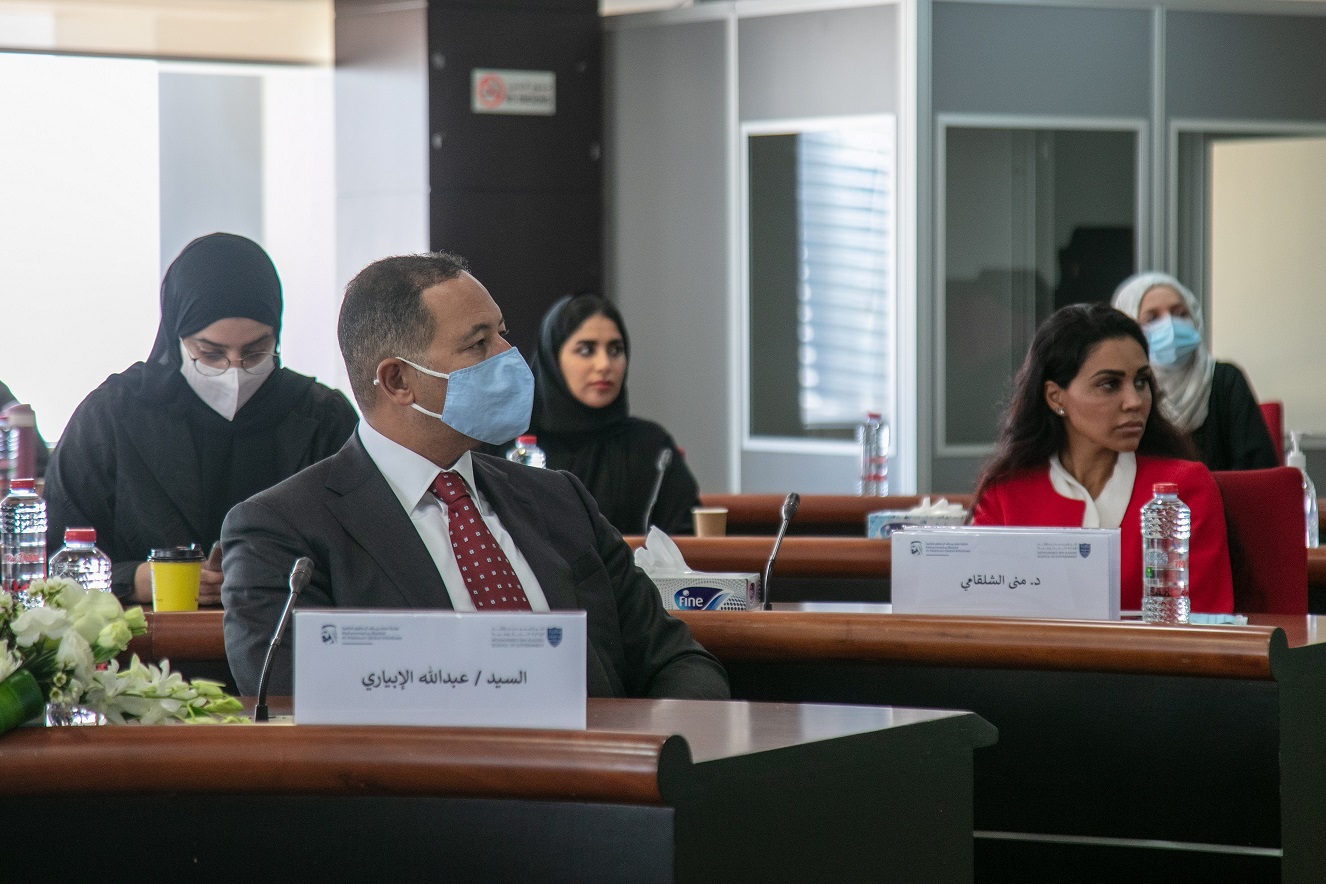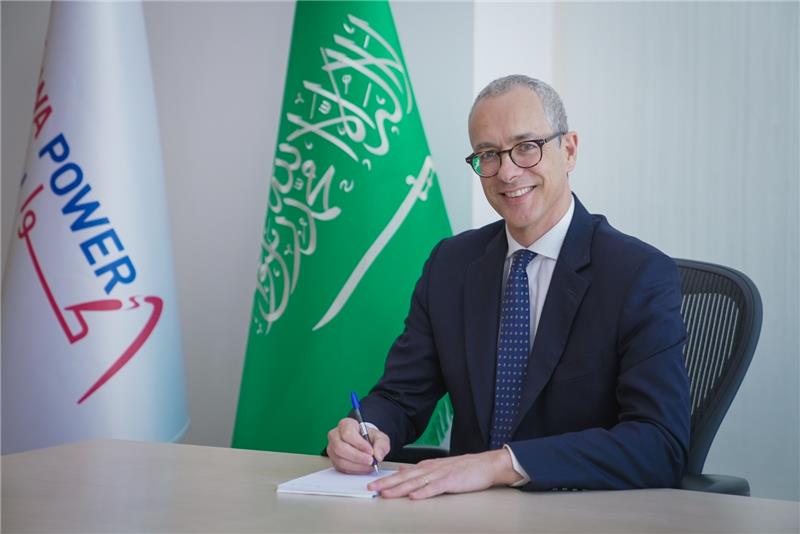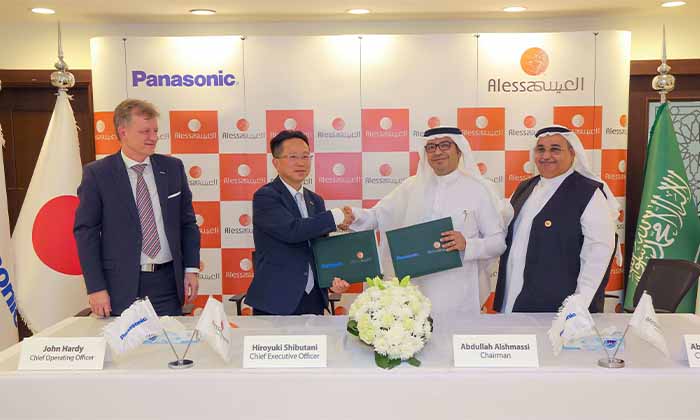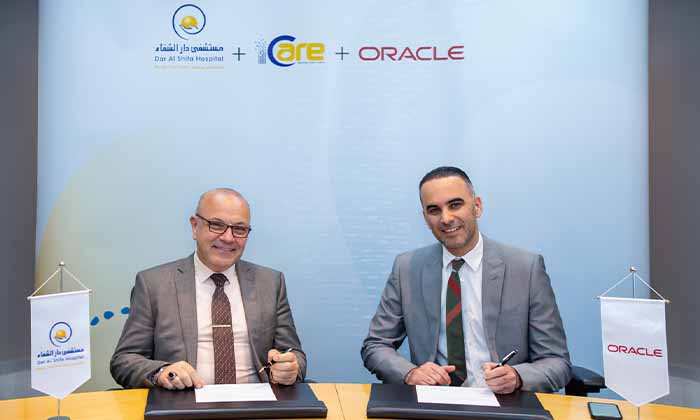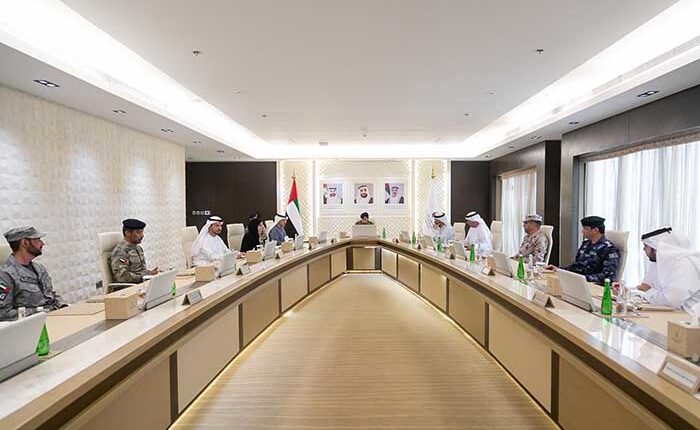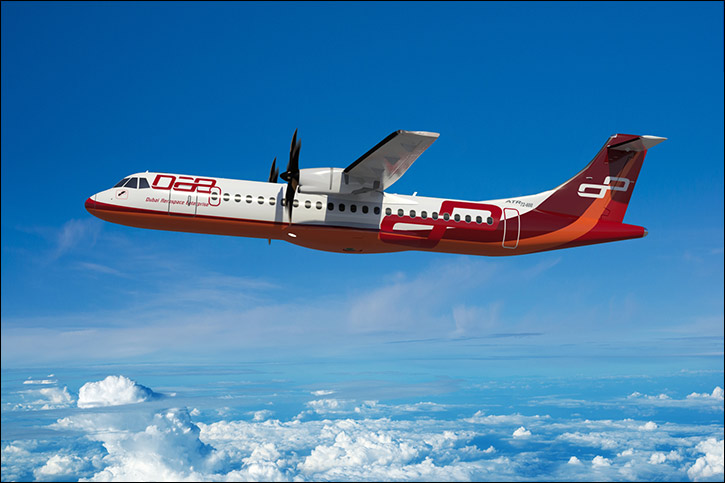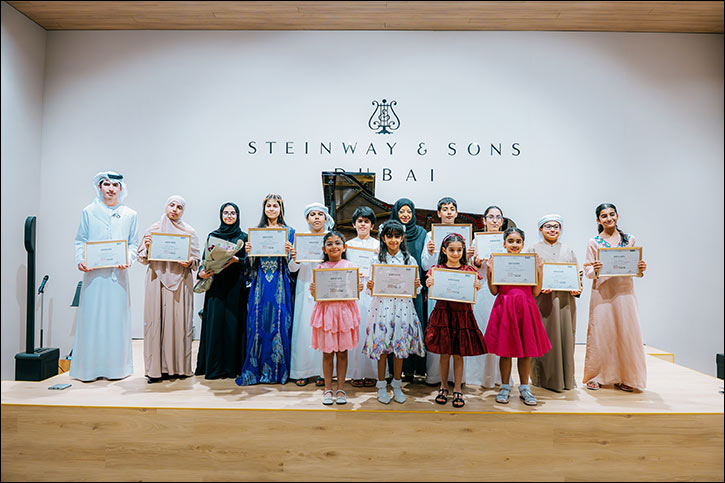Press release
- Session targeted economists, policymakers, investors, sustainable development specialists, governance experts, academics, and researchers
- MBRSG’s Executive President H.E Dr Ali Bin Sebaa Al Marri: We are committed to promoting knowledge and awareness among members about the driving principles of governance and effective management
- Mr. Abdalla ElEbiary: We aim to highlight our investment strategies at The Sovereign Fund of Egypt and show how they can help achieve sustainable development goals and align with fiscal policies
Dubai, October 31, 2021 – The Mohammed Bin Rashid School of Government (MBRSG) has hosted a discussion on the Arabic-language, with the conversation taking place in the presence of Abdulla Ali bin Zayed Al Falasi, director-general of Dubai Government Human Resources Department and chairman of the MBRSG’s Board of Trustees; and H.E Dr Ali bin Sebaa Al Marri, Executive President of the MBRSG.
Titled ‘Sovereign Wealth Investments in Sustainable Development,’ the lecture held on Sunday (October 31) targeted economists, policymakers, investors, sustainable development specialists, governance experts, academics, and researchers. It highlighted the important role that Sovereign Wealth Funds (SWFs) have played in driving macroeconomic policies – most notably economic diversification and sustainable development.
Participating at the event were Abdalla ElEbiary, chief investment officer of the Sovereign Fund of Egypt (SFE) and Dr Mona El-Sholkamy, Assistant Professor of Public Administration at MBRSG. The seminar was also attended by Noha Khalil, Chief Investor Relations Officer of SFE; Ms Safia Al-Obaidly, Director of the Strategy of the Complexes and Free Zones - DP World - Emirates Region.
“The Mohammed Bin Rashid School of Government ultimately strives to create a class of knowledgeable leaders to lead the way towards widespread and sustainable development,” said MBRSG’s Executive President His Excellency Dr Ali Bin Sebaa Al Marri, who delivered the welcome note to officially open the event. “To that end, we are committed to promoting knowledge and awareness among members about the driving principles of governance and effective management. And given the tremendous role that sovereign wealth funds play in fuelling development and growth in communities around the world – and particularly in our region – we organised today’s session to be a platform for exploring the great potential these funds have, as well as the governance and administration requirements that come into play.”
Following H.E Al Marri’s welcome note, a panel discussion on ‘Sovereign Wealth Investments in Sustainable Development’ was moderated by Dr Mona El-Sholkamy, Professor of Public Administration at MBRSG, featured Mr Abdalla ElEbiary, Chief Investment Officer of SFE. The panel discussion was followed by a Q&A session before the lecture drew to a close.
“We were delighted to visit the Mohammed Bin Rashid School of Government for the first time and take part in a panel discussion where we can share our thoughts and experiences with regards to the growth and importance of sovereign wealth funds in emerging markets,” Mr. Abdalla ElEbiary noted. “We were very glad to have the opportunity to highlight our investment strategies at the Sovereign Fund of Egypt and show how they can help achieve sustainable development goals and align with fiscal policies, in addition to underlining best practices in management and governance for sovereign wealth funds.”
The lecture allowed participants to develop a deeper understanding of the different mandates that SWFs have; highlighting the role they play in exploring sustainable areas for investments; identifying mechanisms that allow them to contribute to economic diversification in resource-rich countries that depend on limited commodity exports; and understanding their governance protocols.
The Mohammed Bin Rashid School of Government is the first research and teaching institution focusing on governance and public policy in the Arab world, offering academic and training programmes that aim to train future leaders and prepare them to meet public administration and policy challenges across the region. Courses are developed and delivered by a diverse group of scholars, academics, and researchers.
-End-
